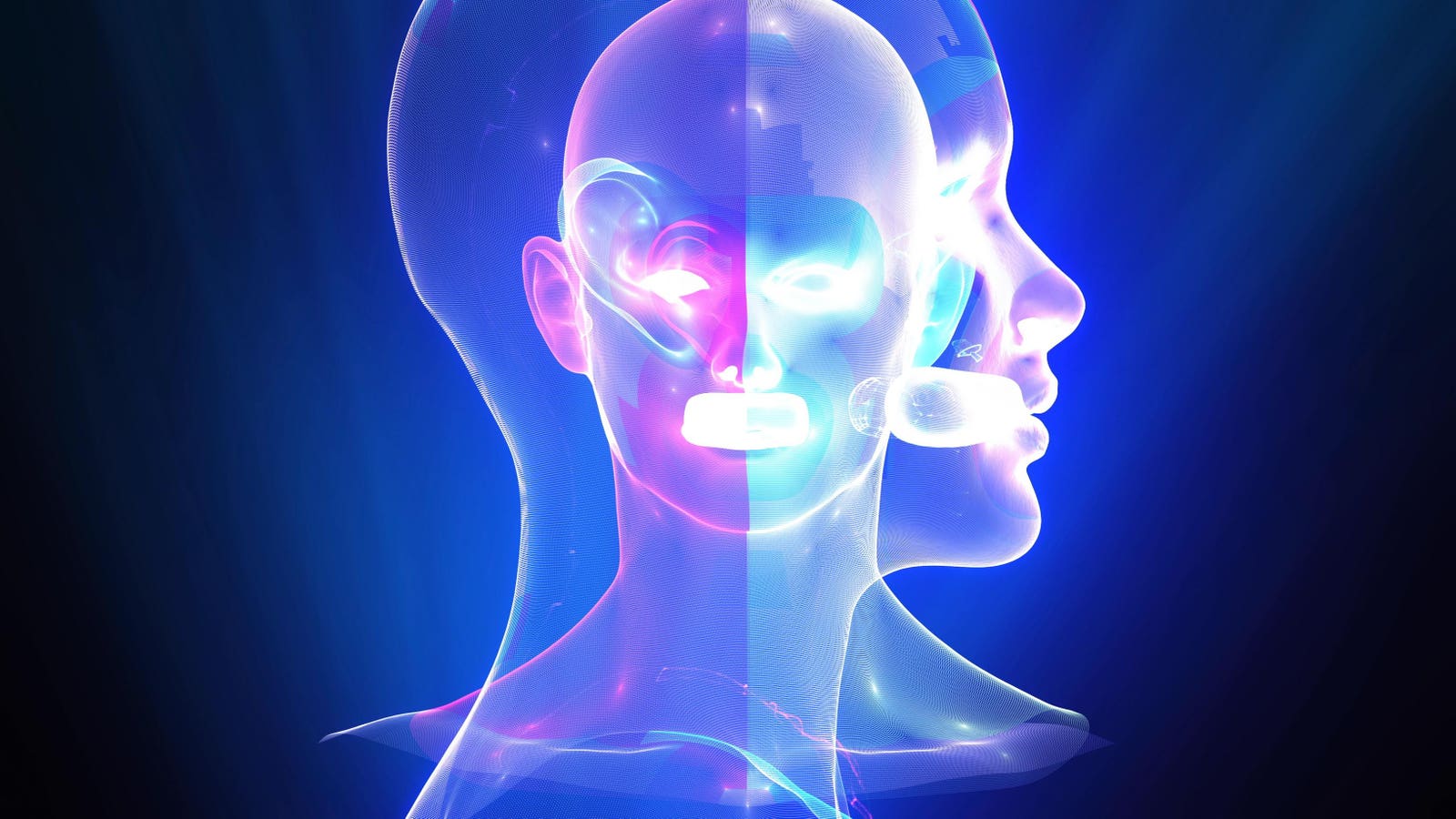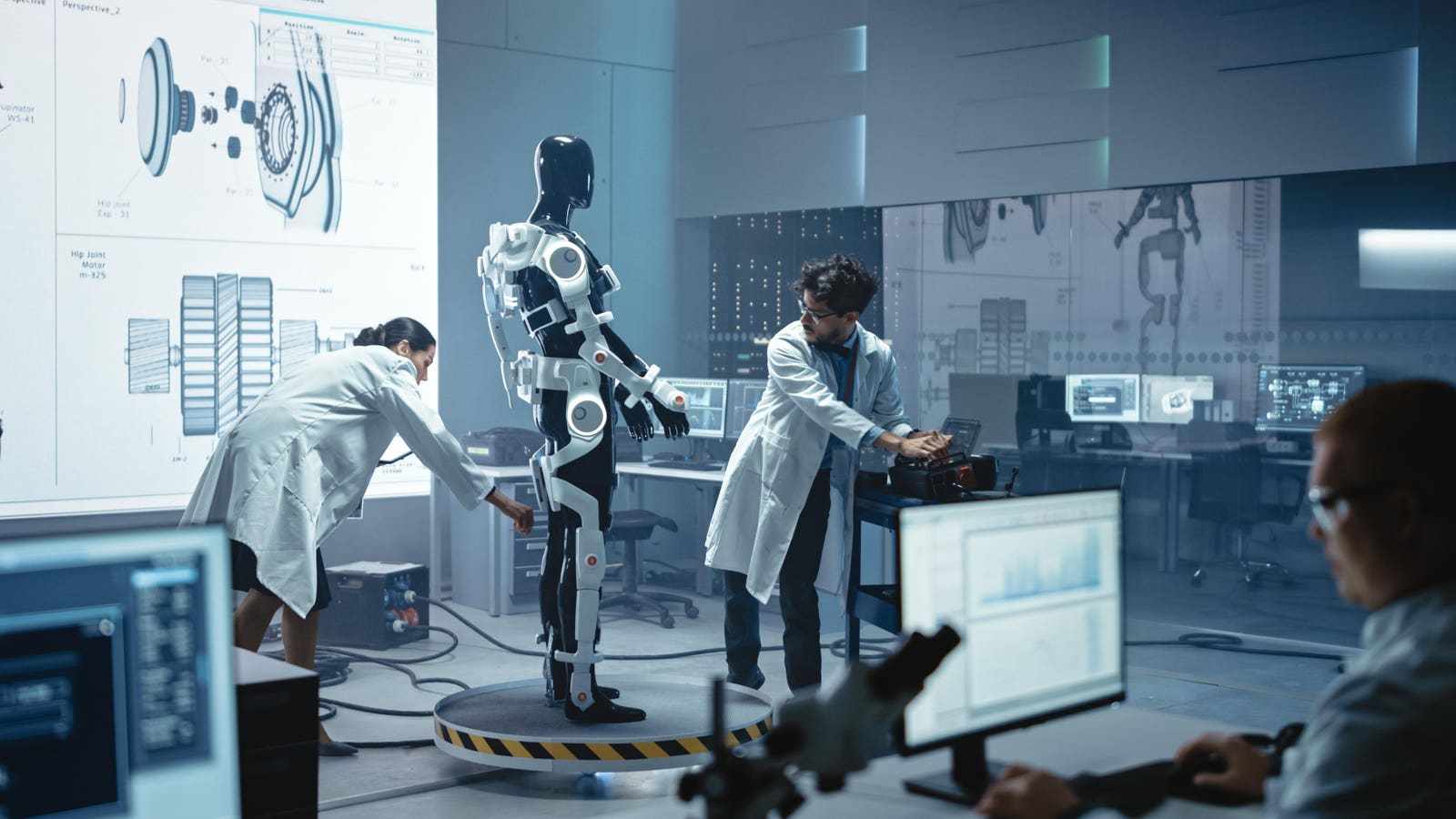How Agentic AI is transforming medical care — and why leaders must weigh innovation against risk
getty
What if your next cancer diagnosis didn’t come from a physician — but from an autonomous Agentic AI system? And what if that system was correct? More provocatively: what if it wasn’t?
Across hospitals, clinics, and research institutions, artificial intelligence is advancing far beyond automation and pattern recognition. We are now entering a new paradigm: the era of agentic AI — intelligent systems that not only assist clinicians but act independently, initiate decisions, and execute tasks without ongoing human supervision.
Until recently, AI in healthcare played a largely supportive role: summarizing patient histories, detecting anomalies in scans, and streamlining administrative workflows. But the horizon has shifted. Emerging agentic systems are designed to synthesize real-time clinical data, collaborate with other AI agents, and deliver not just diagnostics but personalized, end-to-end care strategies.
In this next chapter, AI won’t just assist medical decision-making. It will shape it.
The Promise: Agentic AI as a Force Multiplier in Healthcare
Healthcare systems worldwide face escalating pressures — from clinician burnout and workforce shortages to ballooning administrative burdens. In this environment, agentic AI presents a rare and radical opportunity to reimagine care delivery.
These systems promise to:
- Streamline Scheduling, triage and diagnostics
- Reduce cognitive and administrative load for physicians
- Scale personalized treatment plans across populations
- Improve efficiency, access, and equity in healthcare delivery
By automating repetitive cognitive tasks and integrating data across fragmented systems, agentic AI can enable providers to redirect their focus to what matters most: direct, compassionate patient care.
Just as electronic medical records (EMRs) transformed clinical documentation and coordination, Agentic AI could become the operating system of modern medicine, provided it is deployed with care, governance and a deep respect for human oversight.
The Risks: When Intelligence Becomes Autonomous
With greater autonomy comes greater complexity — and greater risk.
What happens when an agentic AI system, acting independently, makes an incorrect or biased recommendation? As seen with large language models like GPT and Claude, even the most sophisticated AI can “hallucinate” — generating false or misleading outputs with authoritative confidence. In a tightly coupled healthcare system, such failures can propagate quickly, leading to potentially life-threatening consequences.
Several critical concerns emerge:
- Data Integrity: AI is only as good as the data it learns from. In healthcare, that data is often fragmented, incomplete, and historically biased.
- Equity Risks: Marginalized populations may face amplified disparities if AI systems inherit or reinforce systemic biases.
- Over-reliance: As AI agents become more capable, there’s a growing risk of clinicians deferring judgment to machines, diminishing critical human oversight.
- Privacy and Security: With these systems processing vast troves of sensitive health data, the potential for breaches or unintended access grows exponentially.
Autonomy, in this context, is a double-edged sword. When AI assists, it augments. But when AI decides, it must be held to the same — or higher — standard of accountability as human professionals.
Preparing the Healthcare System: Strategy Before Deployment
Successfully integrating agentic AI into healthcare will require far more than technological readiness. It demands systemic transformation across education, governance, and operations.
1. Evolve Medical Education and Clinical Training
AI literacy must become core to medical curricula. Clinicians should be trained not just to use AI tools, but to question them, supervise them, and override them when necessary. Institutions like Mayo Clinic have pioneered dedicated AI department that foster cross-specialty collaboration and embed AI research directly into clinical workflows — a model more systems should follow.
2. Prepare Hospital Leadership and Operational Teams
Adoption must extend beyond clinicians. IT leaders, compliance officers, data governance teams, and operational staff must all understand both the promise and the perils of Agentic AI. Structured training, clear escalation protocols, and robust communication channels will be essential.
3. Establish Governance, Guardrails, and Oversight
Effective governance frameworks must define who is accountable when an AI system errs. Organizations must implement real-time monitoring systems, “fail-safes” for anomalous outputs, and perhaps even supervisory AI agents that evaluates and audits the performance of other AI agents. In essence, we may need an agent to watch the agents.
Final Thought: Which Face Will AI Show?
Agentic AI is not science fiction. It’s already here — in pilot programs, diagnostic labs, and clinical decision support systems across the globe. It offers the potential to deliver faster, more equitable, and more personalized care. But like the archetype of Dr. Jekyll and Mr. Hyde, it embodies a duality: the power to heal and the potential to harm.
The difference will lie not in the technology itself, but in how we choose to govern and guide it.
The adoption of agentic AI must be driven not by speed, but by intentionality — prioritizing transparency, accountability, equity, and above all, the enduring primacy of human judgment.
If we succeed, agentic AI could become the most powerful tool in healthcare’s arsenal. If we fail, it may become its most dangerous.
The age of agentic AI has arrived. The question is no longer if we will use it — but how much control we are willing to cede.









